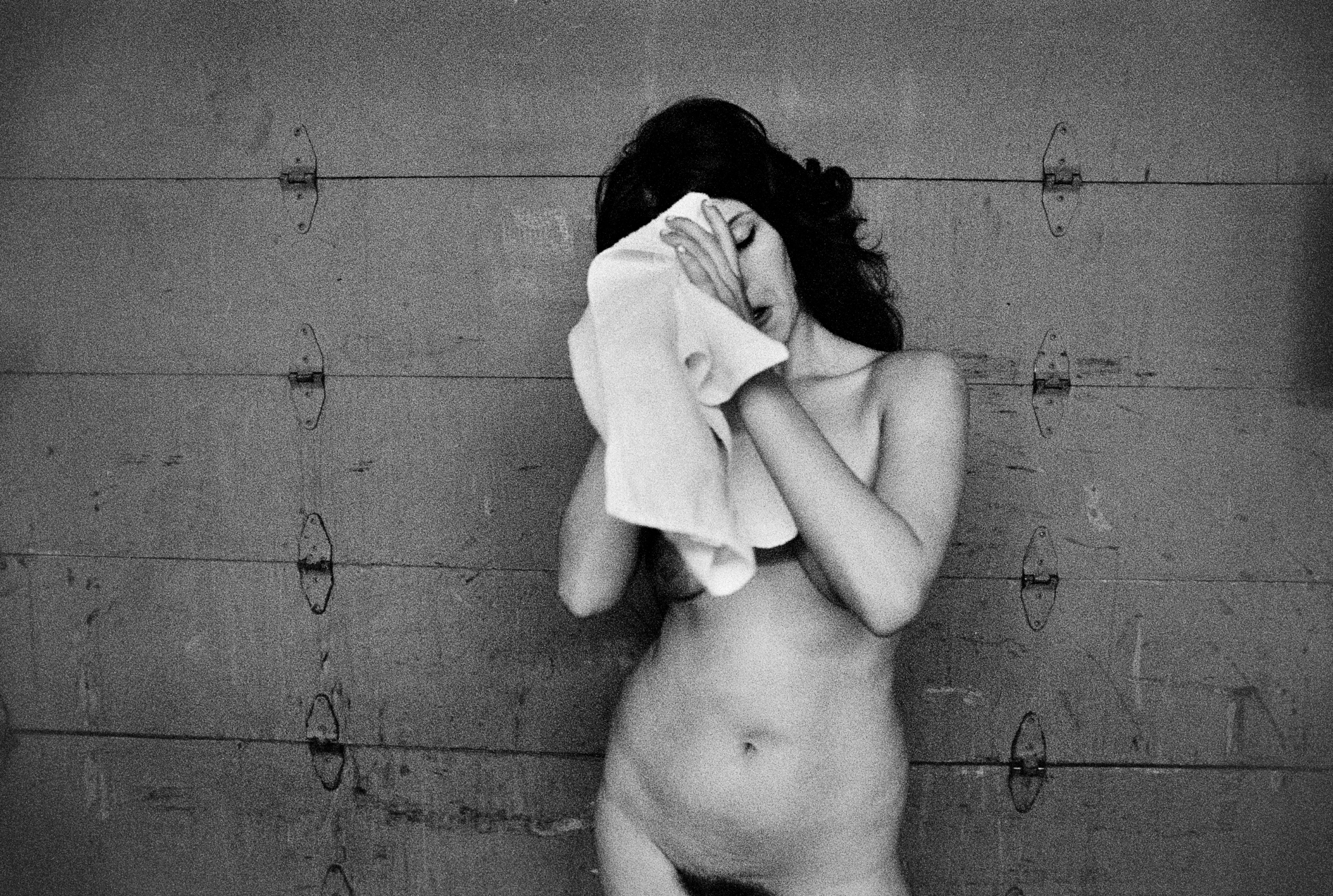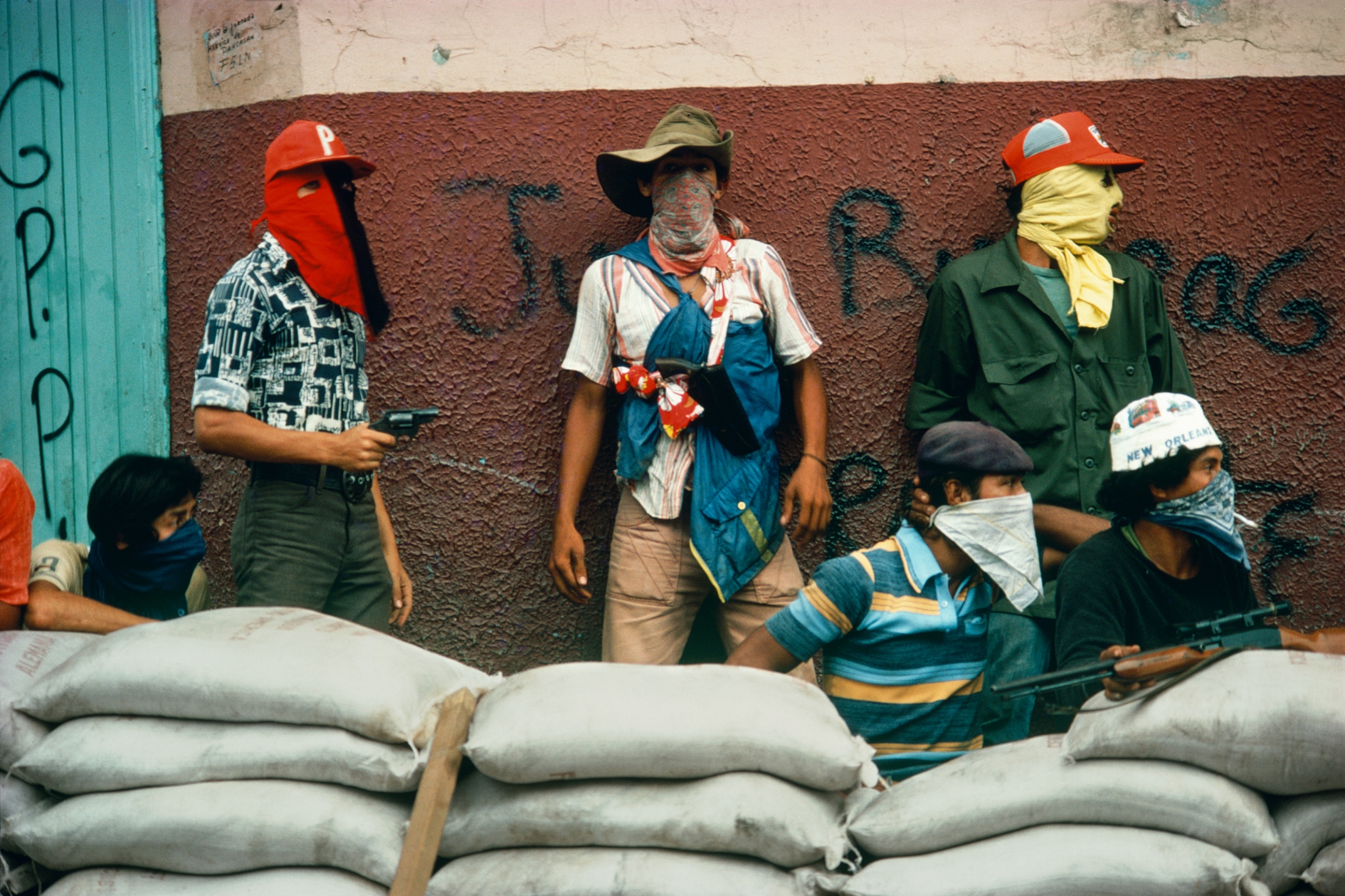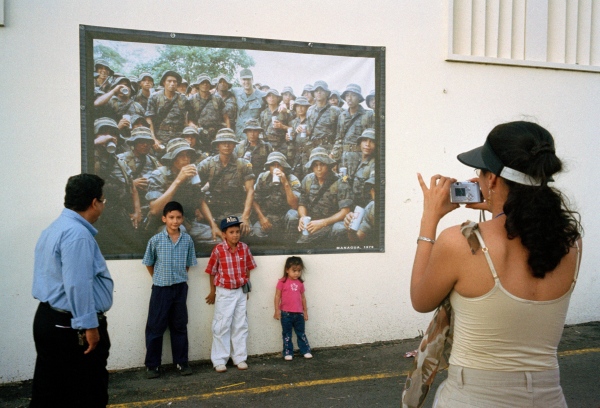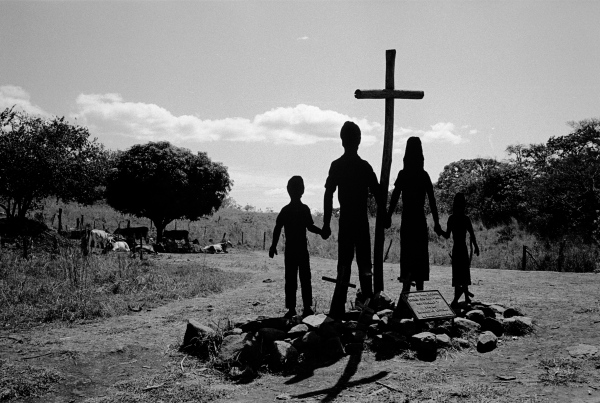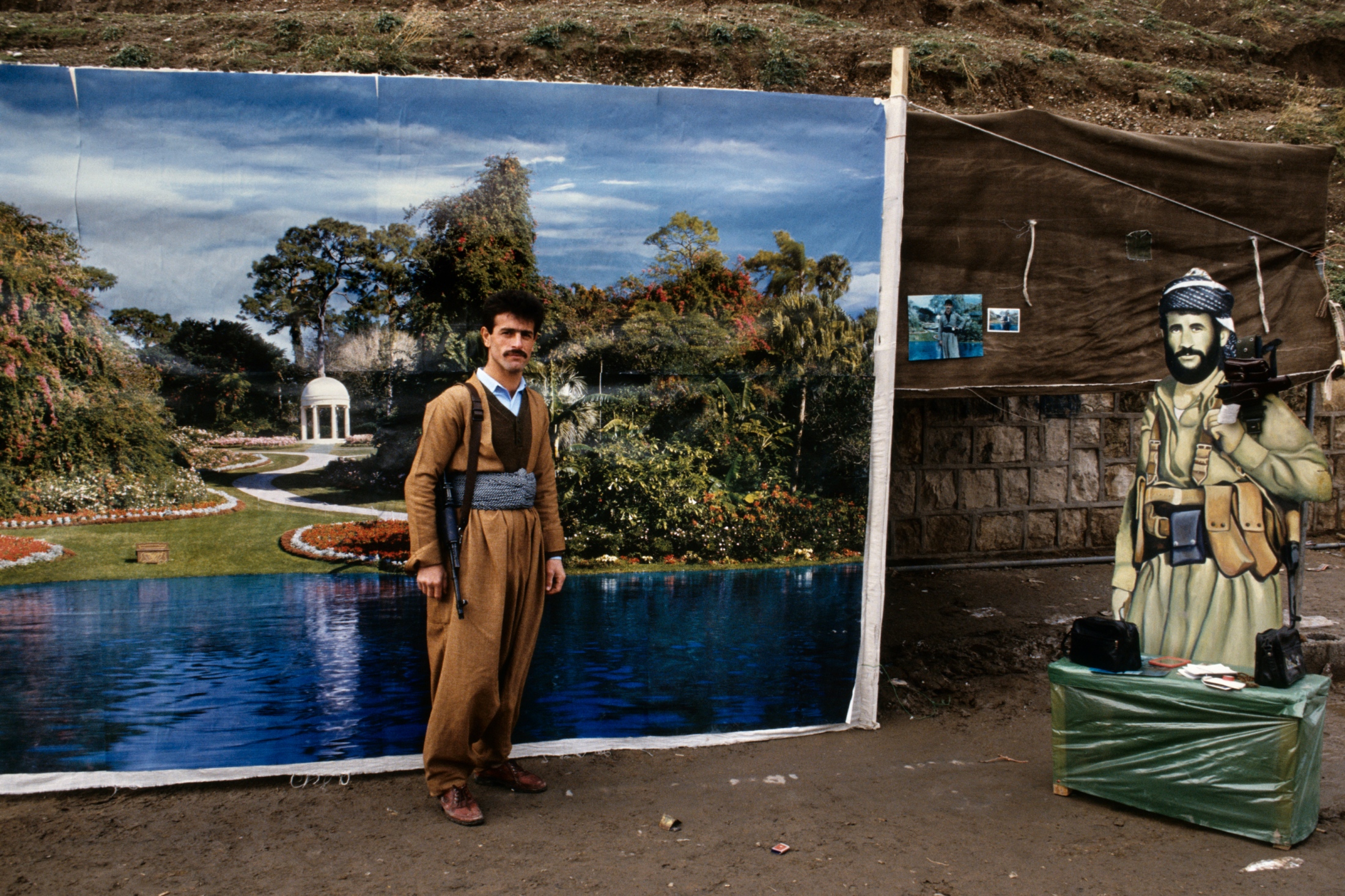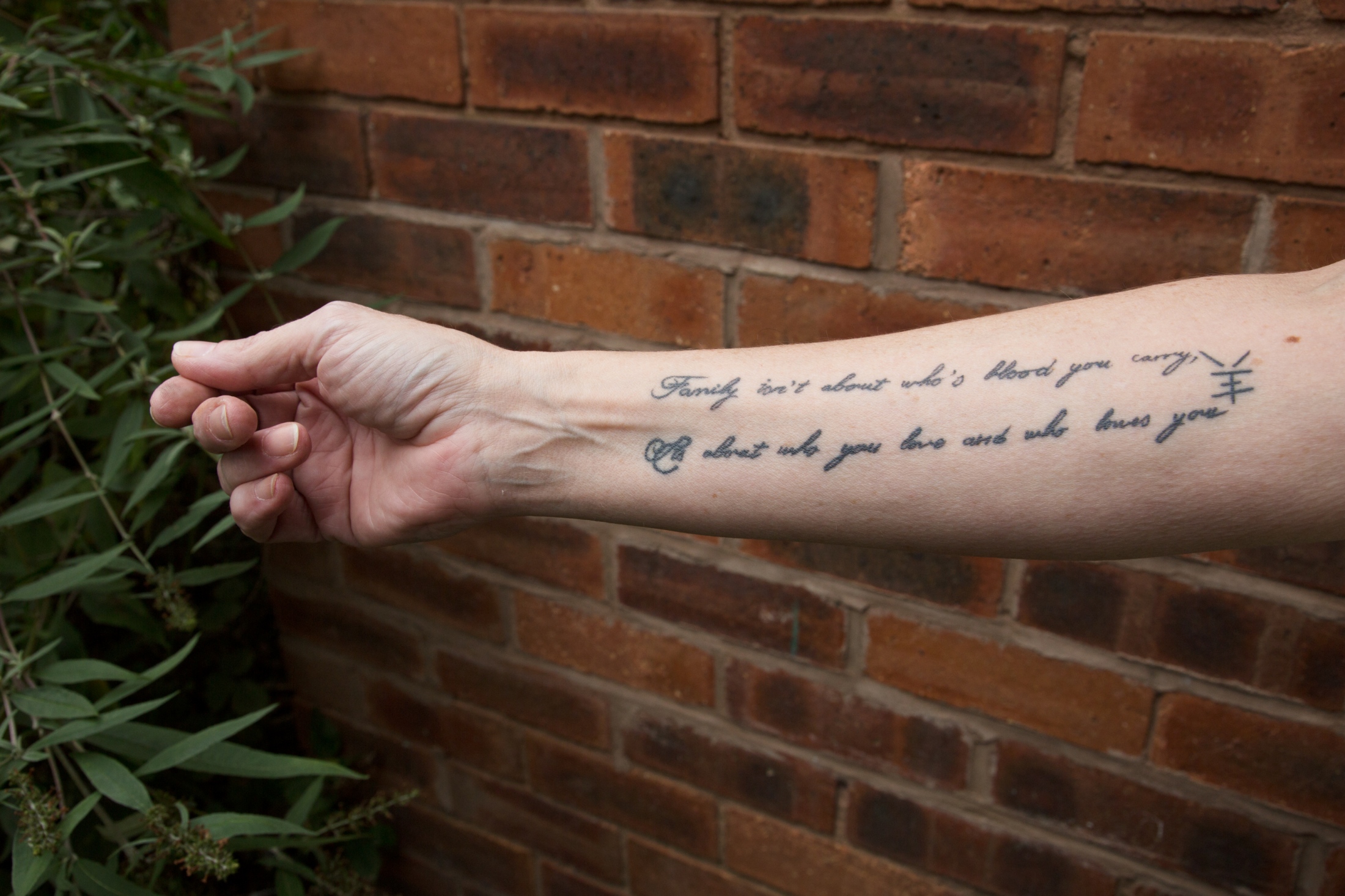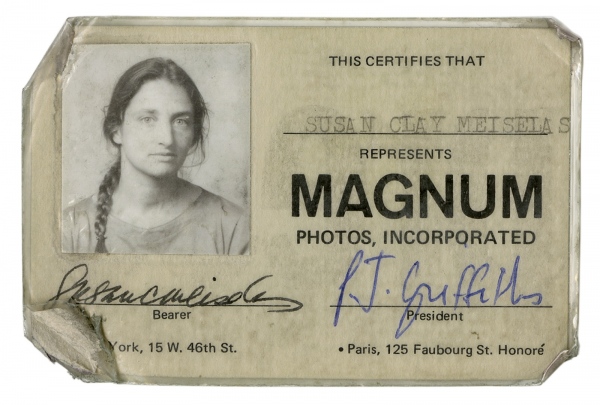
Susan Meiselas is a documentary photographer based in New York. She is the author of Carnival Strippers (1976), Nicaragua (1981), Kurdistan: In the Shadow of History (1997), Pandora’s Box (2001), Encounters with the Dani (2003) Prince Street Girls (2016), A Room Of Their Own (2017), Tar Beach (2020), and Carnival Strippers Revisited (2022).
Meiselas is well known for her documentation of human rights issues in Latin America. Her photographs are included in North American and international collections. In 1992 she was made a MacArthur Fellow, received a Guggenheim Fellowship (2015), and most recently the Deutsche Börse Photography Foundation Prize (2019) and the first Women in Motion Award from Kering and the Rencontres d’Arles. Mediations, a survey exhibition of her work from the 1970s to the present was recently exhibited at the Fundació Antoni Tàpies, Jeu de Paume, San Francisco Museum of Modern Art, and the Instituto Moreira Salles in São Paulo, Kunst Haus Wien, C/O Berlin, Kunstmuseum Magdeburg, and FOMU in Antwerp.
She has been the President of the Magnum Foundation since 2007, with a mission to expand diversity and creativity in documentary photography.
Curriculum Vitae
Narrative Bio
Press Packet
Meiselas is well known for her documentation of human rights issues in Latin America. Her photographs are included in North American and international collections. In 1992 she was made a MacArthur Fellow, received a Guggenheim Fellowship (2015), and most recently the Deutsche Börse Photography Foundation Prize (2019) and the first Women in Motion Award from Kering and the Rencontres d’Arles. Mediations, a survey exhibition of her work from the 1970s to the present was recently exhibited at the Fundació Antoni Tàpies, Jeu de Paume, San Francisco Museum of Modern Art, and the Instituto Moreira Salles in São Paulo, Kunst Haus Wien, C/O Berlin, Kunstmuseum Magdeburg, and FOMU in Antwerp.
She has been the President of the Magnum Foundation since 2007, with a mission to expand diversity and creativity in documentary photography.
Curriculum Vitae
Narrative Bio
Press Packet
Selected Commentary
“In the tradition of Jacob Riis and Dorothea Lange, Susan Meiselas has employed powerful images to shake her audience into an awareness of life on one of the grimmer fringes of society. Fired by her own concerns, she has produced a fine and compassionate documentary."
—Photograph#3, 1976 by Maggie Berkvist
—Photograph#3, 1976 by Maggie Berkvist
"By working in colour, Meiselas has set herself a delicate problem. Colour photographs of this nature tend to be subjected to Hollywood gore or alternatively to a perverse beautification of violence(…) However(...) Meiselas presents us with a series of remarkably honest and disciplined portrayals of a people at war, all the more notable because of the delicacy with which she manipulates the possibilities which colour affords. The sequence of photographs also plays an important role. A relentless momentum is created which never subsides.”
—Creative Camera, 1982 by Cindy Polemis
—Creative Camera, 1982 by Cindy Polemis
"One of the understandings, simultaneously critically aware and response, to emerge from Meiselas’s complex work is to point to what to people want photographs to be – for them – what they need them to say, as evidence, as memory, as advocate, as conduits through which to respond to their lives and experiences."
— An Active History: Susan Meiselas, 2019 by Elizabeth Edwards
— An Active History: Susan Meiselas, 2019 by Elizabeth Edwards
"Studying Meiselas’s Kurdistan as the outcome of such an engagement with several destroyed Kurd villages and Encounters with the Dani as an engagement with the multiple previous imperial expeditions to the Baliem Valley, and both projects as the outcome of process of unlearning her position of a citizen and a photographer, may be helpful in affirming the non-imperial principles, modes of investment, commitment and imagination, a line that is often blurred since practices, such as holding a camera, may seem similar.”
—Susan Meiselas: Mediations, 2018, "Unlearning the Position of a Photographer as Expert” by Ariella Azoulay
—Susan Meiselas: Mediations, 2018, "Unlearning the Position of a Photographer as Expert” by Ariella Azoulay
“Domestic violence, flight, refuge – these are not the conditions that fit the event of family photography or its afterlife. Indeed, ‘A Room of Their Own’ shows family and family life to be the very sites of violence that these women had to flee, sites we see so clearly reflected in ‘Archives of Abuse.’ But while these latter are compiled by the police, Meiselas focuses on the women themselves, showing us how they construct their own shelter, outside the times and spaces of a threatening domesticity. While police photographers shine the flashlight on bloodied sheets and injured faces, Meiselas makes sure not to intrude, protecting her subjects even from her own camera gaze. And she protects them from the familial gaze that positions them as subjects of familial violence.”
—Susan Meiselas: Mediations, 2018, "Pausing" by Marianne Hirsch
—Susan Meiselas: Mediations, 2018, "Pausing" by Marianne Hirsch
